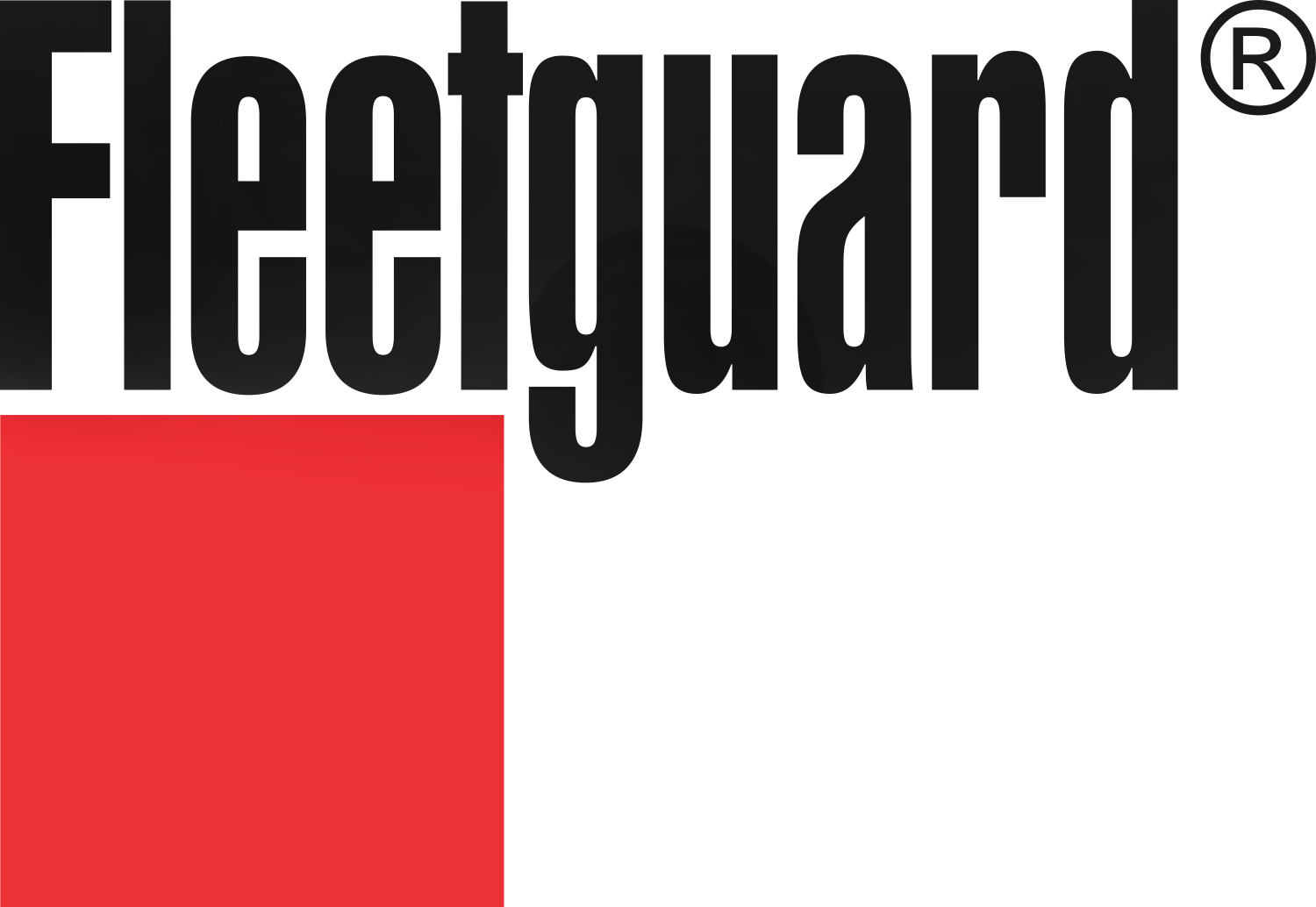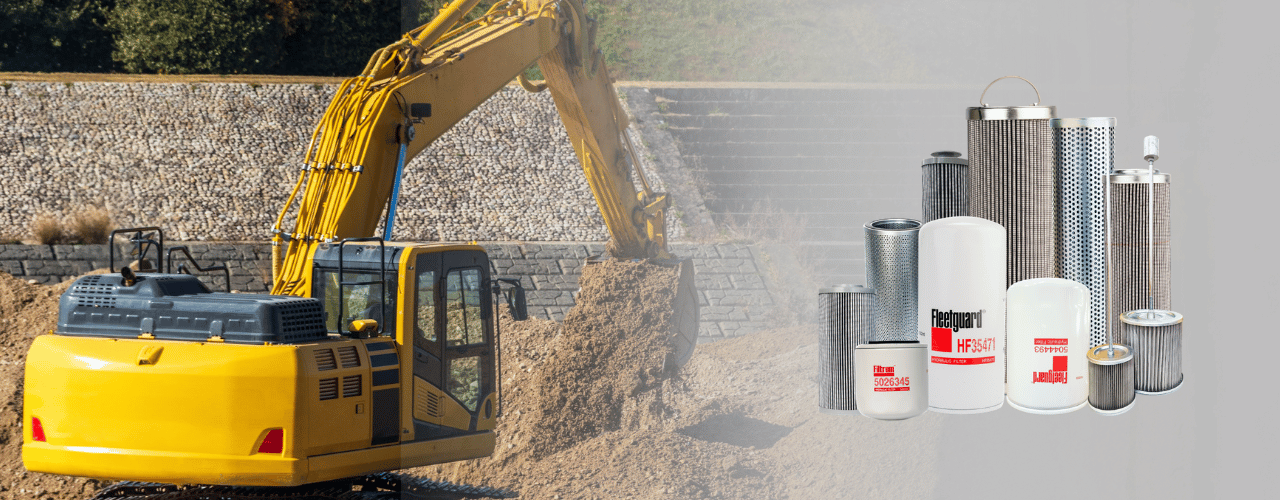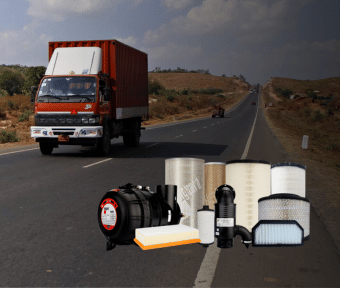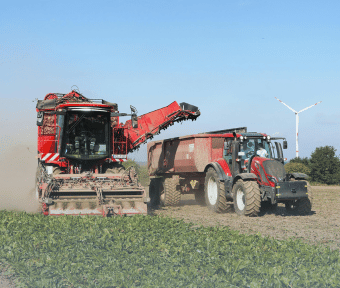Industry | 28 Mar 2025
In the realm of industrial operations, compressed air filtration is often overlooked but serves as a fundamental utility that powers countless processes across manufacturing floors worldwide. Despite its ubiquitous nature, many facilities underestimate the critical importance of properly filtering this vital resource. Let's explore why compressed air filtration isn't just beneficial—it's essential for operational integrity across industrial applications.
The Industrial Backbone: Compressed Air Applications
In automotive manufacturing, compressed air powers assembly tools, material handling equipment, and the precision paint systems that give vehicles their flawless finish. Pharmaceutical facilities rely on compressed air for packaging, production equipment operation, and laboratory instrumentation. Food and beverage processors use it for packaging, sorting, and cleaning production lines.
The Hidden Dangers in Unfiltered Compressed Air
When atmospheric air is compressed, it doesn't just become denser—it concentrates everything it contains. A typical cubic meter of compressed air can harbor significant amounts of:
- Particulate Contamination: Ambient dust, pollen, and microorganisms present in the intake air become concentrated during compression. These particles range from visible specs to microscopic contaminants measured in microns.
- Moisture Content: Air naturally contains water vapor that condenses into liquid water during compression and cooling. This moisture creates the perfect environment for corrosion and microbial growth within the system.
- Oil Carryover: Compression systems typically use oil for lubrication, cooling, and sealing. Despite design safeguards, microscopic oil aerosols inevitably find their way into the compressed air stream.
- Gaseous Contaminants: Atmospheric pollutants, volatile organic compounds, and even naturally occurring gases become concentrated in compressed air systems.
When left unfiltered, these contaminants travel throughout your distribution system, affecting every process and piece of equipment connected to the compressed air supply.
Real-World Consequences of Poor Air Quality
The impacts of inadequate compressed air filtration manifest in various ways across different applications:
In automotive paint shops, microscopic contaminants create visible defects in finishes, leading to costly rework or rejected products. A single paint flaw can require stripping and refinishing an entire component, with costs quickly escalating into thousands of dollars per incident.
Within precision manufacturing, contaminants accelerate tool wear, reduce accuracy, and compromise product quality. Pneumatic machinery components subjected to particulate-laden air suffer accelerated wear, with repair costs often exceeding ten times the price of proper filtration.
For pharmaceutical operations, inadequate air filtration can introduce contaminants that compromise product purity or even patient safety. The resulting compliance issues and product recalls can threaten a company's very existence.
Beyond these application-specific impacts, unfiltered compressed air creates system-wide issues: accelerated corrosion of pipelines, valves, and equipment; clogged air passages; malfunctioning instrumentation; and increased energy consumption as the system works harder to overcome these inefficiencies.
The Filtration Solution
Effective compressed air filtration involves a multi-stage approach that addresses each contamination type. This typically includes:
- Preliminary filtration to remove coarse particles and bulk liquids
- Fine filtration to capture smaller particles down to submicron levels
- Coalescing filtration to remove oil aerosols and additional moisture
- Application-specific final filtration based on air purity requirements
- Proper condensate management throughout the system
By implementing a comprehensive filtration strategy, facilities can achieve the appropriate air quality for each application while minimizing energy consumption and maintenance requirements.
The Filtrum Separation Technologies Advantage
Fleetguard's compressed air filtration solutions stand out in this critical application space by addressing the full spectrum of contamination challenges. Their engineered approach combines advanced filtration media, optimized flow designs, and robust construction to deliver consistent performance under demanding industrial conditions.
Unlike basic filtration options that may address only one contaminant type, Fleetguard filters provide comprehensive protection against particulates, moisture, and oil carryover. This integrated approach ensures that downstream equipment receives the clean, dry air necessary for optimal operation.
The benefits extend beyond immediate air quality improvements. Facilities implementing Fleetguard's filtration solutions typically experience:
- Extended equipment life spans due to reduced wear and corrosion
- Decreased maintenance requirements and unplanned downtime
- Improved product quality and reduced rejection rates
- Enhanced operational efficiency and energy savings
- Consistent performance across seasonal changes in ambient conditions
Conclusion
The investment in proper filtration represents a fraction of the potential costs associated with contamination-related issues.
For facilities seeking to optimize their compressed air systems, Filtrum Separation Technologies Pvt Ltd (FSTPL) offers industry-leading solutions engineered to address the specific challenges of industrial air filtration. Their comprehensive approach ensures that every stage of filtration contributes to a clean, reliable compressed air supply that supports operational excellence.
By prioritizing compressed air filtration, manufacturers don't just avoid problems, they create the foundation for consistent performance, quality production, and operational efficiency that drives competitive advantage in today's demanding industrial landscape.








